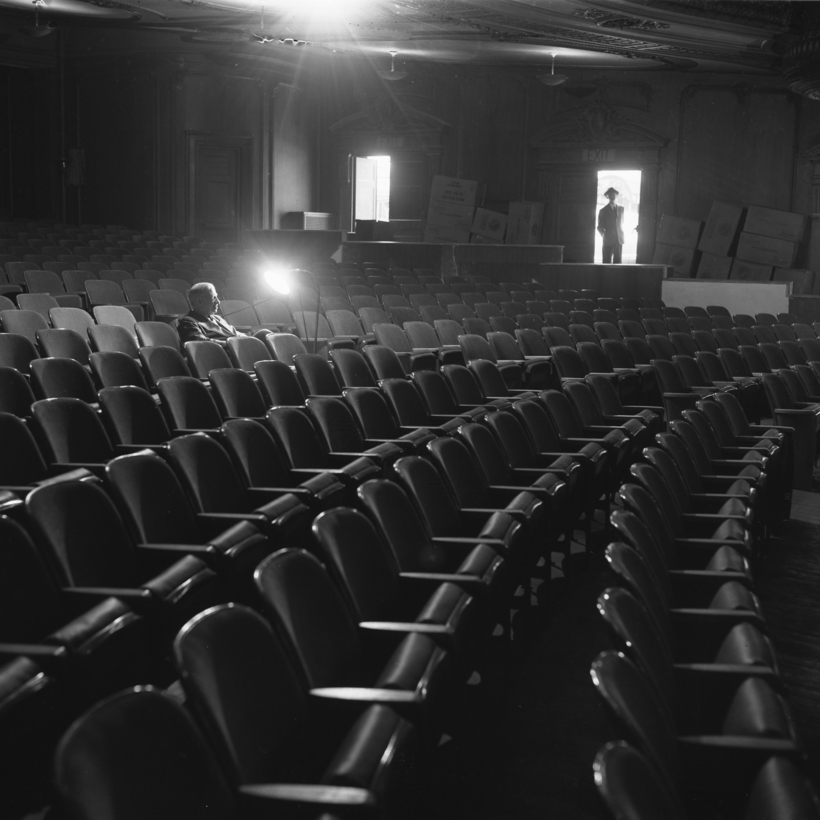Broadway was slow to accept the inevitable. As the coronavirus began to entrench itself in New York, theater executives, waving that old show-must-go-on flag, thought they could tough it out. On March 10, they said they would scrub down their theaters after every performance. They told actors to stop mingling with audience members at the stage door. Then a Broadway usher got sick. So, too, did several cast members of Moulin Rouge!
On March 12, Governor Andrew Cuomo prohibited gatherings of 500 people or more, a mandate that allowed producers to file insurance claims. Even then, the Broadway League, the industry’s trade organization, sought to minimize the damage, announcing the shutdown would last for just a month.


